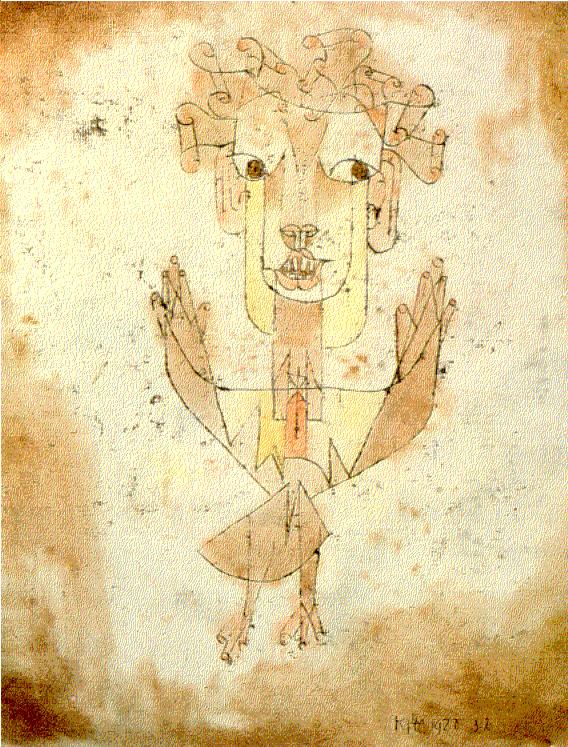In the mid-nineteenth century, the invention of the match brought forth a number of innovations which have on thing in common: a single abrupt movement of the triggers a process of many steps. The development is taking pace in many areas. A case in point is the telephone, where the lifting of a receiver has taken the place of the steady movement that used to be required to crank the older models. With regard to countless movements of switching, inserting, pressing, and the like, the “snapping†by the photographer had the greater consequences. Henceforth a touch of the finger sufficed to fix an event for an unlimited period of time. The camera gave the moment a posthumous shock, as it were. Haptic experiences of this kind were joined by optic ones, such as are supplied by te advertising pages of a newspaper or the traffic of a big city. Moving through this traffic involves the individual in a series of shocks and collisions. At dangerous intersections, nervous impulses flow through him in rapid succession, like the energy from a battery.
Tag: theory
I’d like to see somebody write a theory of the irreducible unit. What’s more, I’d like to see two kind of units defined: static and variable units. For Saussurean linguistics, the phoneme is always the static irreducible unit. For an addict, though, the irreducible unit is the hit. The hit is always exactly what’s required, no less. But what’s required is always different. For the addict, some chemical interaction between the body and the drug determines the content of the hit, and so the the theory of units has to come into contact with biology.
How does the dedication to the unit govern the organization of drives? What is the administrative or disciplinary capacity of the unit? How much weight should the theory of the unit receive once embedded in any theory of social relations?

Thinking a bit about “Shock” while reading Benjamin and Eisenstein today. “Shock” as a term freighted with Dada’s anarchism, Benjamin’s mystical Marxism, Eisenstein’s communism. It’s a term that — at least when translated into English from German, French, Russian, etc — cuts across the first few decades of the twentieth century. But I’m not sure if “Shock” is always “Shock.” For Benjamin, shocks both stun and shatter constellations of thought, an instant of insensibility that leaves its trace in thought. For Eisenstein, the term relates to the affective dimensions of film content: “As I understand it, content is the summary of all that is subjected to the series of shocks to which in a particular order the audience is to be exposed” (“The Method of Making Workers’ Films”). Perhaps the only difference between the two of them is that Eisenstein is the filmmaker, and thus delivers shocks to the world, while Benjamin is subjected to them.
The crowd is not only the newest asylum of outlaws; it is also the latest narcotic for people who have been abandoned.
© 2024 Mark Sussman
Theme by Anders Noren — Up ↑
Recent Comments